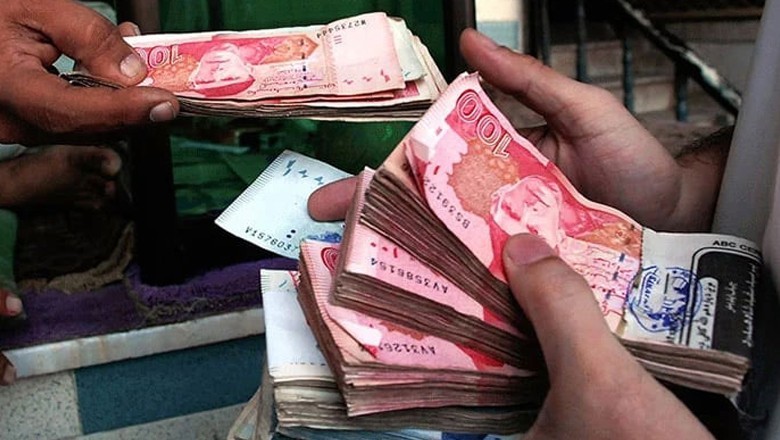Alleged video leaks of social media influencers raises privacy concerns

Webdesk
|
21 Nov 2024
Several female social media influencers have recently fallen victim to cyberbullying after their alleged explicit videos were leaked online. The incidents have sparked widespread concern about how personal content stored on mobile devices is being compromised, urging individuals to be more cautious about safeguarding their digital data.
TikTok influencers Minahil Malik and Imsha Rehman are among the latest victims of privacy breaches. Both women faced severe backlash and chose to withdraw from social media following the leaks.
In October, Minahil’s alleged videos surfaced online. Her Instagram account boasts 1.8 million followers. Addressing the controversy, she announced her departure from social media in an Instagram post, saying:
"It was not easy for me, but I’m done. It’s hard to say goodbye. No fights. Spread love. I’m leaving. I will miss you. I love you. Take care."
In November, another video, purportedly of Imsha Rehman, was made viral on social media, resulting in her name trending on X.
She has 196.3k followers and 1.6 million likes on her Tik Tok account.
Amid the controversy, Imsha deactivated her TikTok account, with her bio reading, "Jab tak video viral hai maine ne ID off kar di hai [Until the video stops circulating, I’ve deactivated my account]."

Unfortunately, such incidents are not isolated. Many female social media personalities in Pakistan have experienced similar privacy violations, often without taking legal action through cybercrime authorities.
Prominent host and internet personality Mathira, with 2.6 million followers on Instagram, also dealt with a similar issue when her private data was recently allegedly leaked, including explicit videos and pictures.
Denying the authenticity of the content, she condemned the misuse of her name on X, stating,
"People are misusing my name and my photoshoot and adding fake stuff in. Please have shame! Keep me out of this trashy nonsense," her post read.

In June 2024, the Federal Investigation Agency (FIA) issued a warning about the increasing use of phishing and social engineering tactics by cybercriminals targeting women.
These criminals often exploit WhatsApp by sending malicious links or files that, once opened, grant access to private data, including chats, photos, and videos.
The FIA advised the public to avoid opening unverified links or files received through messaging platforms and to report any privacy breach promptly.
Victims can file complaints by contacting FIA at 991 or by visiting its office in person.
Additionally, FIA urged individuals to inform trusted family and friends about potential breaches and to contact WhatsApp to regain control of compromised accounts.
Furthermore, it is essential to utilize the advanced privacy settings offered by social media platforms to enhance account security and minimize the risk of online harm.
A Digital Rights Foundation (DRF) Cyber Harassment Helpline Report 2023 revealed alarming statistics about online harassment. A staggering 50% of women reported experiencing abuse and harassment online, yet only 14.2% sought help. This reluctance is likely due to fear, as 70% of women expressed concern about sharing their photos and videos online. Moreover, 40% reported being stalked and harassed on messaging apps.
The report highlighted that women aged 18-30 were particularly vulnerable to online harassment. Conversely, men over 30 were more likely to experience cyberbullying than women of the same age group.
In terms of geographic distribution, Punjab received the highest number of complaints (1,724), followed by Sindh (261), Islamabad (118), and Khyber Pakhtunkhwa (11).
It is crucial to raise awareness about the legal procedures for reporting cybercrime and the preventive measures individuals can take to safeguard their data and privacy.
The Prevention of Electronic Crimes Act 2016 (PECA) is the primary legislation governing cybercrime in Pakistan. It criminalizes various online offenses, including bullying, harassment, and threats.
Additionally, the Pakistan Telecommunication (Re-Organization) Act 1996, the Pakistan Penal Code, and the Defamation Ordinance provide legal recourse for individuals whose reputation and identity have been misused online.
To report a cybercrime, individuals can contact the Federal Investigation Agency (FIA), Pakistan Telecommunication Authority (PTA), or local law enforcement agencies.












Comments
0 comment